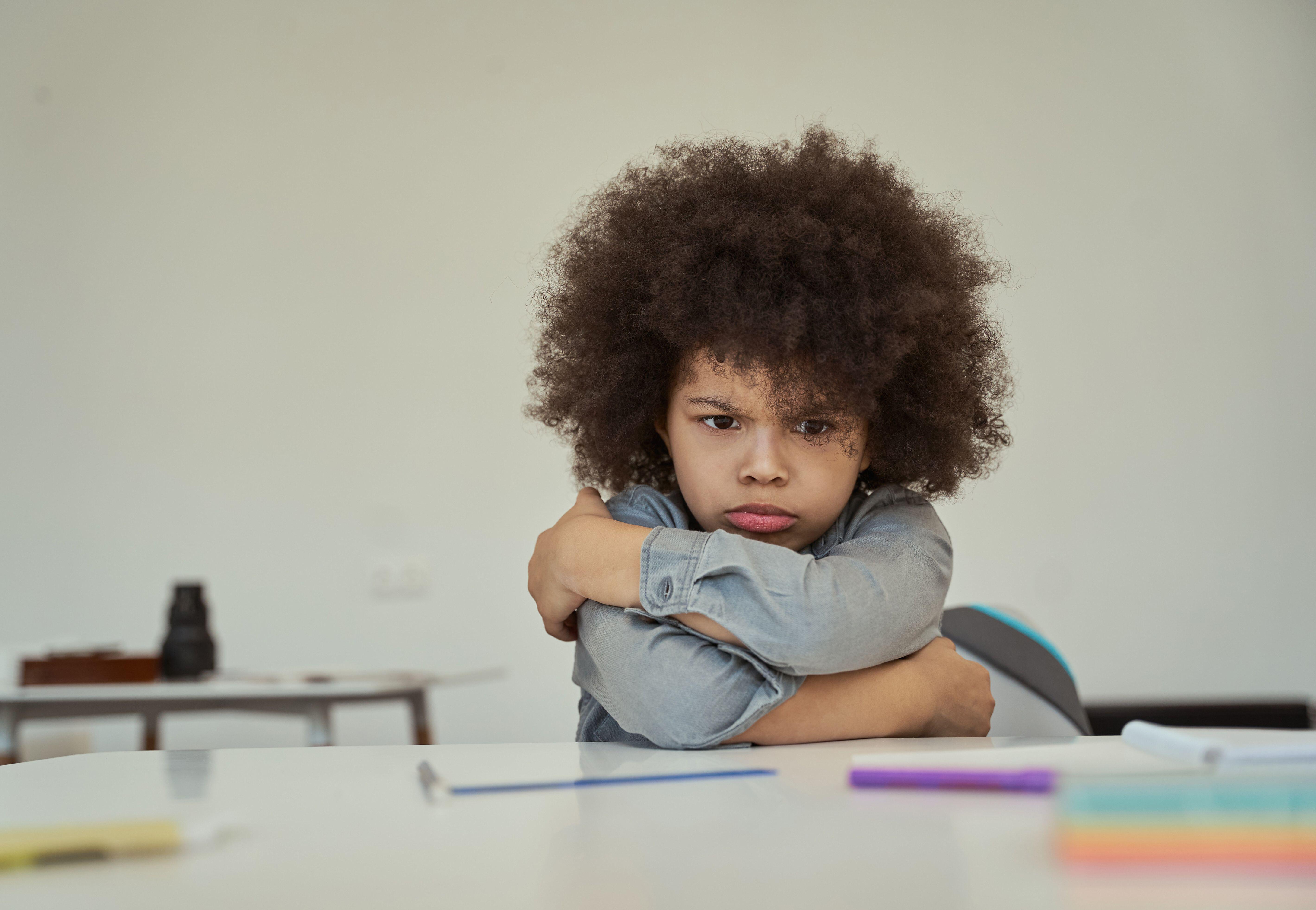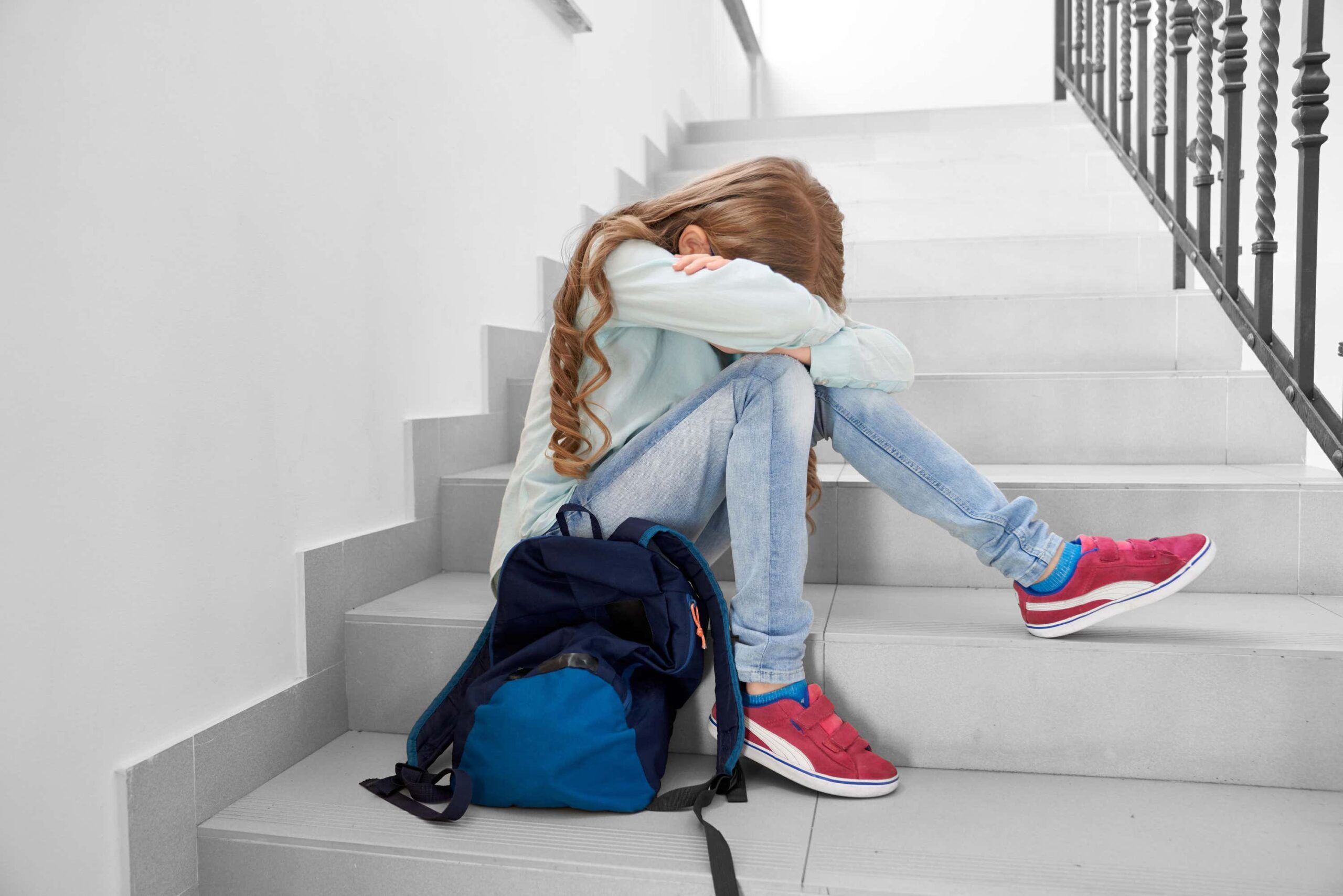Being a parent means you worry about your kids. Add in concerns about how social distancing and pandemic-enforced home schooling might have affected them, and parental fretting can go off the scale.
Indeed, new research suggests staying at home for most of the last 18 months has led to 43% of parents worrying their children will struggle to readjust to school this term, with concerns they will be bullied, or find it hard to make friends again.
The study, by the tutoring platform MyTutor also found parents are concerned about back-to-school issues as diverse as children being left behind academically because of below par home education, to kids eating poorly because they’ve become used to reaching for junk food as a comfort during the lockdowns.
Parenting expert Suzie Hayman, a trustee at the parenting charity Family Lives (familylives.org.uk), says: “There may be a whole reshuffling of the relationships within a class or school, because pupils are coming back different to what they were before. There will be a lot of kids that’ll worry about things as basic as ‘How do I talk?
“But remember that everybody’s in the same boat – we’ve all been through a pandemic.”
The MyTutor research identified the top back-to-school worries for parents, and here Hayman discusses why mums and dads might be so concerned…
1. Worried their home schooling has negatively impacted their child’s education (44%)

“Some parents did struggle with home education throughout the pandemic, and when children went back to school, a lot were way behind,” agrees Hayman, who points out many children routinely go back after the summer holidays having lost the previous term’s learning because of the big gap.
“That’s bad enough,” she says, “but this year I imagine a lot of teachers will be tearing their hair out because some children will have lost nearly two years’ education.”
2. Worried about their child making friends or being bullied (43%)
Children often bully because of something happening in their life outside school, observes Hayman, who suggests some children will try to get control in their life through bullying.
“In a lot of cases, children come to school already in a difficult position – something’s happening at home that’s making them feel bad, and they pass on the bad feelings by bullying other children,” she says. “That’s going to be exacerbated in the current situation, and parents might worry their child’s had a blissful 18 months free of bullying and is going straight back into it.
“Conversely, what children have experienced during the pandemic may have made them upset or angry, and thinking they’ll feel better by pushing somebody around.”
3. Worried about whether their child is eating the right things (40%)
The research found the stress of being socially isolated, home learning and fearing the spread of coronavirus has led to many children comfort eating junk food.
Hayman points out that while many kids have learned to cook during the pandemic, other families may have often opted for takeaways. “Kids could have got into bad habits about what they eat,” says Hayman.
“If you’re worried about what your child’s eating, worry about what you’re eating. It doesn’t take much more time to rustle up a good homemade meal than it does to order and reheat a takeaway. And yes, you could give them a healthy packed lunch for school, but will they eat it if they’re unsupervised? They need a good example set at home.”
4. Worried about their child’s friendship group (35%)
Some children have been communicating with friends online for most of the last 18 months, and it’s understandable parents may be concerned about how they fit into their friendship group face-to-face, says Hayman. “They’ve had online friendships, which in some cases can be much easier,” she points out. “But throw them into a face-to-face conversation and it becomes obvious if they’re the quiet one, and they can easily be intimidated and worried about it.”
She says parents can help their kids become more socially confident simply by talking with them. “Chat over the evening meal or breakfast – it’s absolutely vital, because it plugs you into your family. You should be listening to them and getting them to chat to you.
“To make friendships, they need to be able to chat about inconsequentialities, explain their feelings and listen to other people’s feelings. That’s the bread and butter of communication and friendships, and if they don’t see you demonstrating it, it’s very difficult for them to learn how to do it. And this is why one of the necessities of a family house is a table around which you eat together.”
5. Worried their child spends too much time on social media (34%)
Hayman says there are some good reasons for parents to worry about this: “Some of the pitfalls of social media are that kids can get swept along by people telling lies and being unpleasant, and find themselves in a trolling war.
“But the plus side about social media is that people communicate. Learning how to express yourself is incredibly valuable – there’s a lot on social media that’s valuable, don’t assume it’s all bad Talk to them and ask them to explain what they’re doing. It’s down to you to demonstrate how to be kind, analytical and measured, and help them set limits.”
6. Worried their child isn’t happy (34%)
Hayman stresses parents should praise rather than damn their children, and children should learn from failure. “You teach more by being positive rather than negative, and that goes for both teachers and parents. We have to watch what we say and do and how we’re building our children up,” she explains.
“It’s important to recognise that when you fail, the lesson is you need to do better next time, not that you’re a failure. Children should be allowed to fail at something and choose whether to try again to see if they can get better. We need to instil in our children the trying ethos, not that it’s good to win first time.
“You’re wanting to be a good enough parent, not a perfect parent, and you want your kids to be good enough too, not perfect.”
7. Worried their child isn’t doing enough exercise (31%)
Parents need to look to themselves on this one, and be aware their own lack of exercise is likely to encourage their children to be sedentary too. “Give them opportunities to exercise – facilitate, model and lead as a parent,” advises Hayman . “Make the time to exercise yourself, and instil in your child a love of physical activity.”
8. Worried their child doesn’t find it easy to communicate how they feel (28%)
Hayman says sometimes children may find communicating their feelings is hard because they’re not sure what they’re feeling. To help them, she suggests parents and children write every feeling they can think of on bits of paper, and put them in a ‘feelings jar’.
“When a child can’t express how they’re feeling, spread all the slips of paper out and see what their feeling might be. It helps them put words to their feelings,” explains Hayman.





